Summary
- Villeneuve faces challenges with the 12-year time jump between Dune parts, needing careful consideration for characters.
- Adapting Alia’s character and aging poses narrative challenges, with potential solutions including time extension or character alterations.
- To reconcile book Paul with movie Paul as Emperor, the film may further show his descent and set up a redemption arc, aligning with the novel.
Denis Villeneuve has confirmed he’s in the writing stages of Dune Messiah, but tackling this new adaptation may prove a challenge. Dune: Part Two’s deviations from Frank Herbert’s original novel could present issues requiring major restructuring of Dune Messiah.
Specifically, the characters of Chani (Zendaya), Alia (Anya Taylor-Joy), and Paul Atreides (Timothée Chalamet), as well as the significant 12-year time jump between the two novels, need careful consideration to ensure a cohesive continuation of the story arc. Each of these issues presents a unique challenge, and there are several ways Villaneuve could address each one.
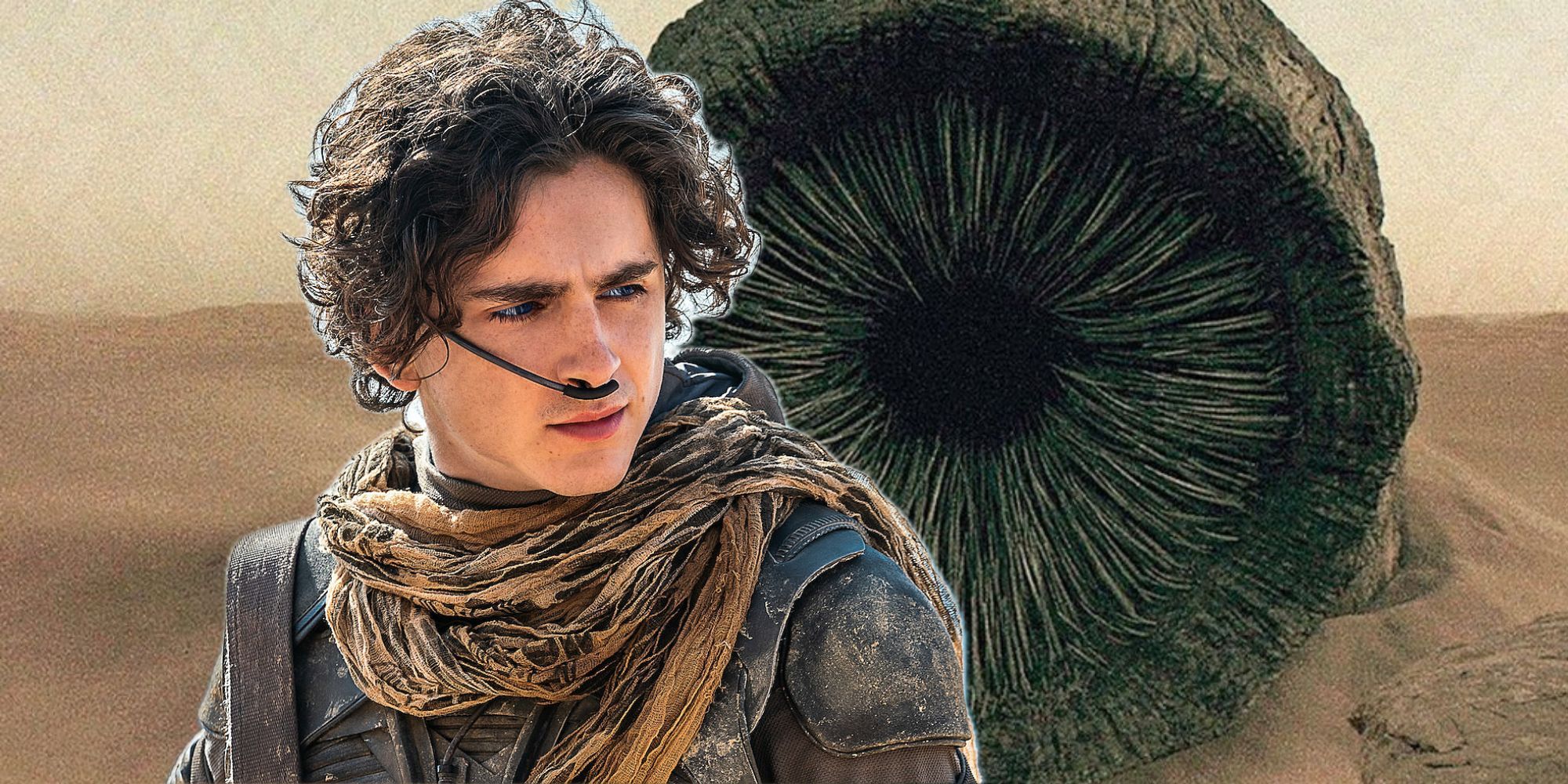
Related
RUMOR: The Dune Franchise Might Be Going Even Further Than Fans Thought
While Dune: Messiah is still in its formative stages, the stewards of the franchise seem to have their sights set on something beyond the third film.
Navigating the 12-Year Time Jump
Dune parts 1 and 2, scored by the iconic Hans Zimmer, solidified director Villeneuve’s imprint on the franchise. His appreciation for the source material stands out in his expert translation of the novel’s religious, philosophical, and environmental themes. However, he also made bold changes to the story structure, including a compressed timeline.
The original Dune novel takes place over several years, while the two recent film adaptations only span a couple of months combined. This makes the already challenging 12-year time jump leading up to Messiah even more difficult. Paul is supposedly fifteen at the end of Dune Part 2, while he is supposed to be nearly thirty when Messiah picks up. The difficulty lies in explaining how previously unborn Alia Atreides is now a teenager, while showing that Paul and Chani have also aged.
Possible Solutions
- Condense the leap: The leap itself necessitates the establishment of a transformed political landscape, the devastation of a decade-long holy war, and the consequences of Paul Atreides serving as Emperor. However, the leap could be condensed and still serve its purpose. Given the time compression in the first two installments, it’s likely that Villeneuve will shorten this gap as well.
- Makeup and/or CGI: With both practical and computer-generated effects seamlessly incorporated in Parts 1 and 2, the third film may use these techniques to make the passage of time believable. This is likely in the event the time jump is lengthened for the sake of incorporating Anya Taylor-Joy as Alia, who hasn’t been born yet at the end of Part 2.
- Leave it up to acting: It’s possible the director will leave the time jump as-is and rely on the actors to portray their ages. Timothée Chalamet, at 29, is closer to Paul’s age in Messiah than in the first installments. Zendaya is 28, and her recent role as Tashi Duncan in Challengers, which spanned over twelve years, proves it can be done.
Introducing Alia Atreides
Alia, Paul’s younger sister, is a character of profound complexity. With full consciousness and the accumulated knowledge of the entire Bene Gesserit while still in utero, her presence in Dune Messiah is both enigmatic and pivotal. However, Alia is four years old by the end of the original novel, while Dune: Part Two concludes before her birth. Her introduction poses another narrative challenge given that Anya Taylor-Joy is nearly thirty, and her character should be sixteen after the 12-year jump.
Possible Solutions
- Lengthen the time jump: A major theory among fans is that Villeneuve will extend the time jump to 20 years to make Anya Taylor Joy’s casting more plausible. However, this would make aging Paul and Chani even more of a challenge.
- Relegate her to dreams: Other fans propose condensing or eliminating the time jump altogether and handling Alia’s dialogue through spice-induced visions, similar to how Dune Part Two dealt with prescient dreams. However, this may be unlikely given Alia’s role in the novel.
- Rewrite the rules of her aging: Another potential solution is to retcon Alia’s biology by explaining that being pre-born with spice has made her age more quickly. In Dune Part 2, it’s established that Alia’s consciousness is highly evolved. Accelerated aging wouldn’t be beyond belief.
- Again, leave it to acting: Villeneuve and the Dune production team cast mid-twenties Chalamet to play fifteen-year-old Paul for Dune Part 1, so allowing Taylor-Joy to utilize her acting prowess in portraying a character ten years younger than her is very likely. However, making Paul and Alia seem far apart in age may be difficult in this scenario.
Paul as an Ambitious Leader
Paul’s journey from a young noble to the Emperor of the Known Universe is fraught with moral dilemmas and existential crises. In Dune Part Two, his ascent is portrayed with a sense of destiny, but also with deep reluctance. Book Paul is more calculating from the beginning, standing starkly against Movie Paul, who is more emotional and hesitant to play his role. Messiah‘s events relate to Paul’s carefully crafted arc. Therefore, the upcoming film will have to reconcile Chalamet’s tragic, predestined boy with Herbert’s cold, ambitious leader.
Possible Solutions
- Further Paul’s descent: The film could highlight Paul’s waning humanity and moral compass, showcasing how twelve years as ruling emperor during a violent holy war might affect his psyche. This could alienate him and align him more with the book character, and create a stark contrast between his character pre and post-war.
- Set up Paul’s redemption arc: The previous films may have changed Paul Atreides this way in anticipation of a believable redemption arc. Audiences can easily detach from protagonists whose humanity is uncertain. By developing Paul as a hesitant leader, Villeneuve may be ensuring audiences can hang on through his dark downfall in hopes of seeing him redeem himself, at least in Chani’s eyes.
Warning: This section may contain spoilers for Dune Messiah
Chani’s Evolving Role
Chani, a Fremen warrior, plays a pivotal role in both the novel and Villeneuve’s Dune adaptations. However, her characterization and relationship with Paul differ between the two. In Dune Part Two, Chani is skeptical of prophecy and Paul’s rise to power, in contrast to her book counterpart, who is more accepting of his destiny. Villenueve’s adaptations tailor her to a modern audience — less the docile concubine, and more the voice of reason, resisting Paul’s growing political ambition.
However, this poses a problem for Villenueve’s transition between Dune Part Two and Dune Messiah. In the novels, Chani remains at Paul’s side during his marriage to Irulan and bears several of his children, including an infant who dies before the events of Messiah. In Dune Part Two, however, Chani rejects Paul after he takes the throne. This fundamentally alters how we will enter into the next chapter.
Possible Solutions
- Chani reconciles with Paul before the film begins: The film could imply that time has softened Chani’s stance, with the couple reconnecting off-screen. This setup would allow the story to start with their relationship on stable ground. This path would maintain Book Chani’s character while preserving the impact of their separation in Dune Part Two. However, some fans may see it as an easy way out. Many believe Chani loves Paul, but despises the Lisan Al-Gaib.
- Chani reconciles with Paul during the film: Significant plot points may surround their strained relationship, making their reconciliation a key emotional thread alongside Paul’s redemption. This reunion could humanize Paul amid his increasingly ruthless rule, giving Chani a more active role in challenging his choices.
- Chani turns against Paul: A more radical departure from the book, this could position Chani as a direct enemy to Paul, taking on the antagonist role that the zealous Korba serves in Messiah. This deviation would make her an even stronger presence, forcing Paul’s hand in confronting his mistakes. However, this theory poses its own problems, specifically involving the role Chani’s childbirth plays in the novel.
- Chani is already pregnant with the twins: In the book, Chani lost an infant child and tried for years before becoming pregnant with twins. The film could streamline this by starting with her already carrying them, immediately raising the stakes of her relationship with Paul. If Villeneuve decides to do away with the time jump, Chani’s pregnancy could force a reconciliation in Act 1.
Legendary’s CEO recently stated that Messiah must be an experience on par with Part Two, which likely means embracing jihad rather than avoiding it. The seeds have already been planted, with Jessica’s final words in Part Two signaling the war’s beginning. Updating the arcs of characters like Chani could provide a fresh perspective, aligning with the modern storytelling choices of the first two films. Regardless of any Oscar snubs, visionary sci-fi director Villeneuve’s filmography serves as evidence that nothing is out of the question.
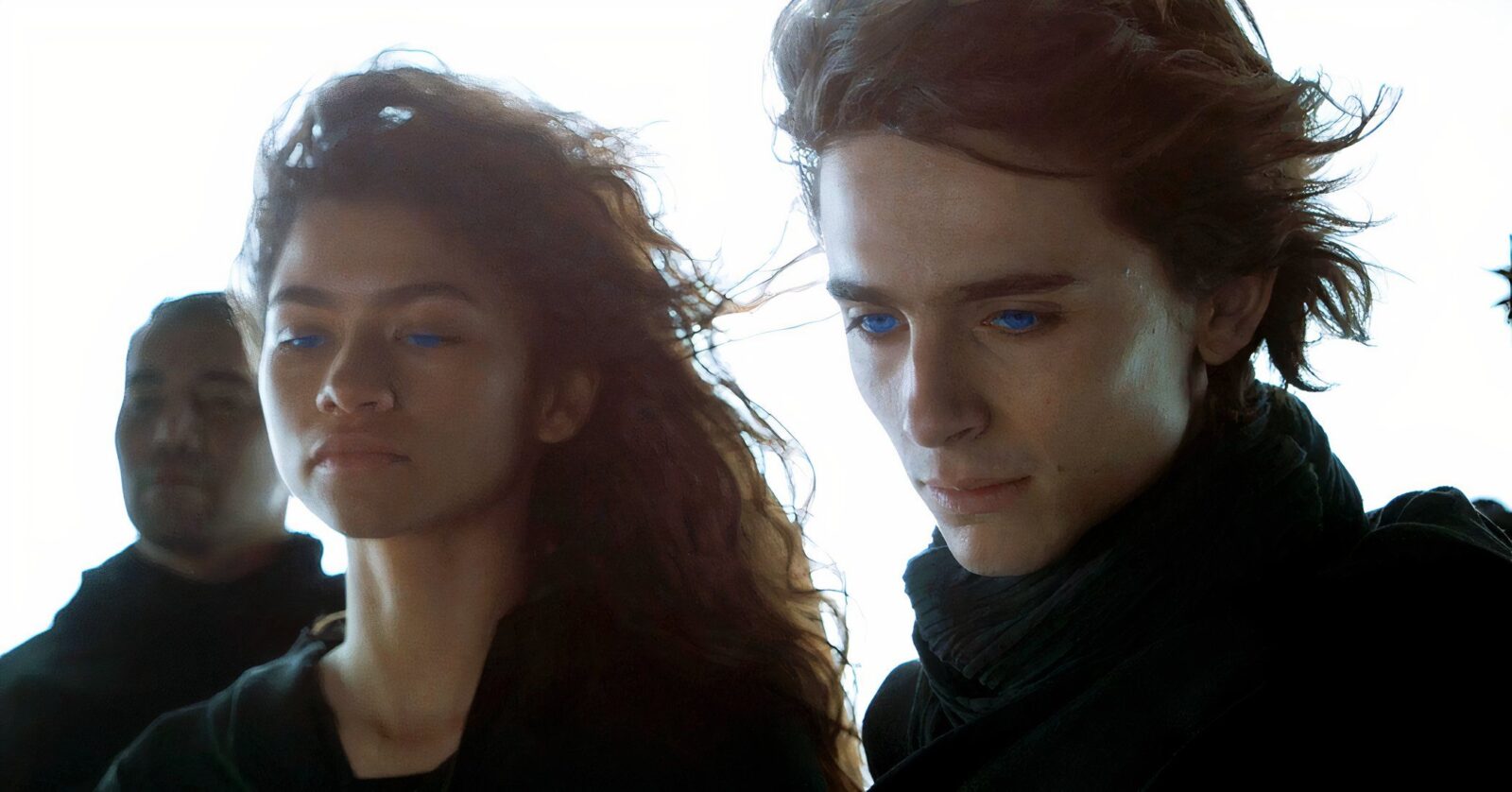

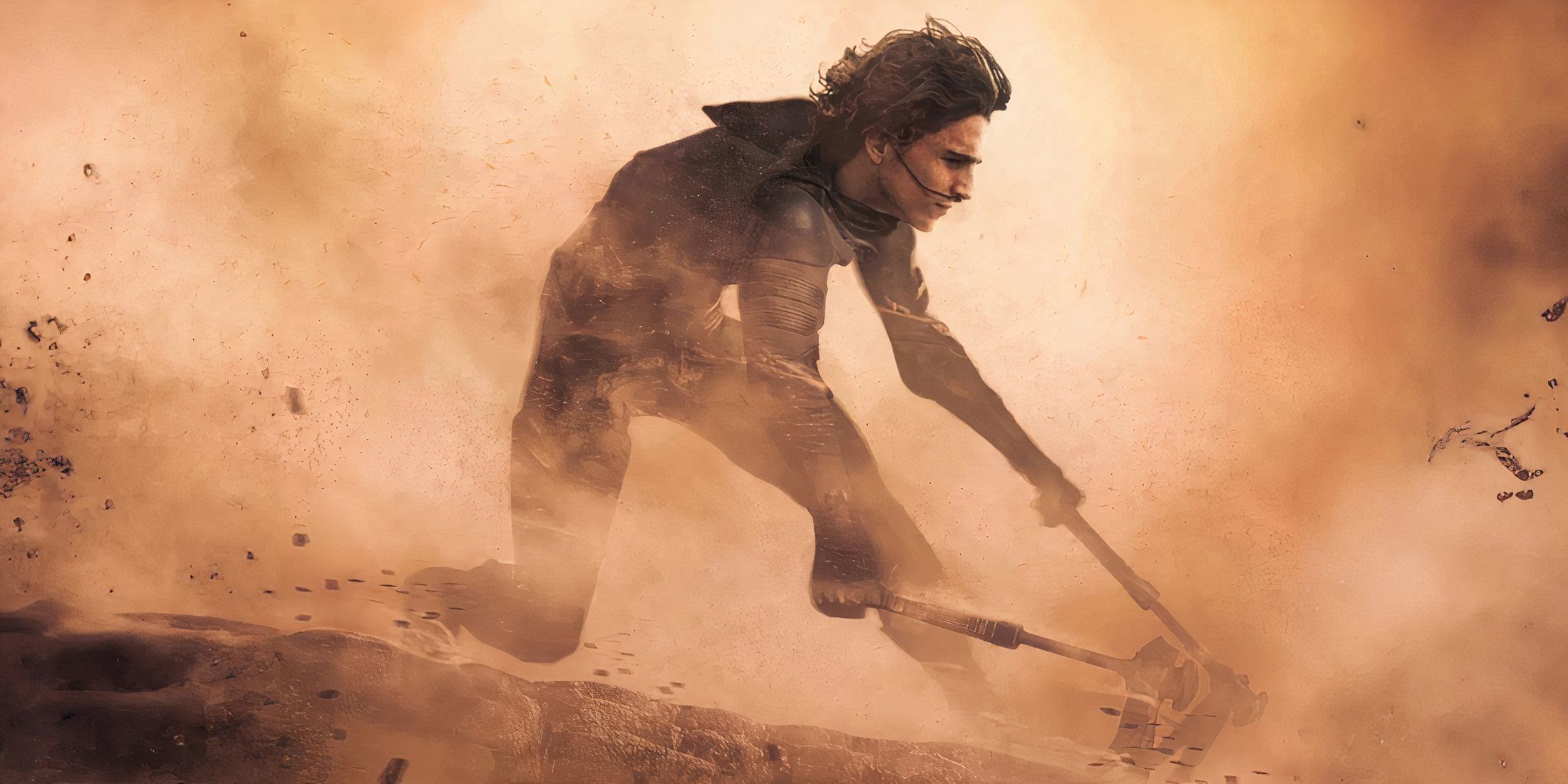
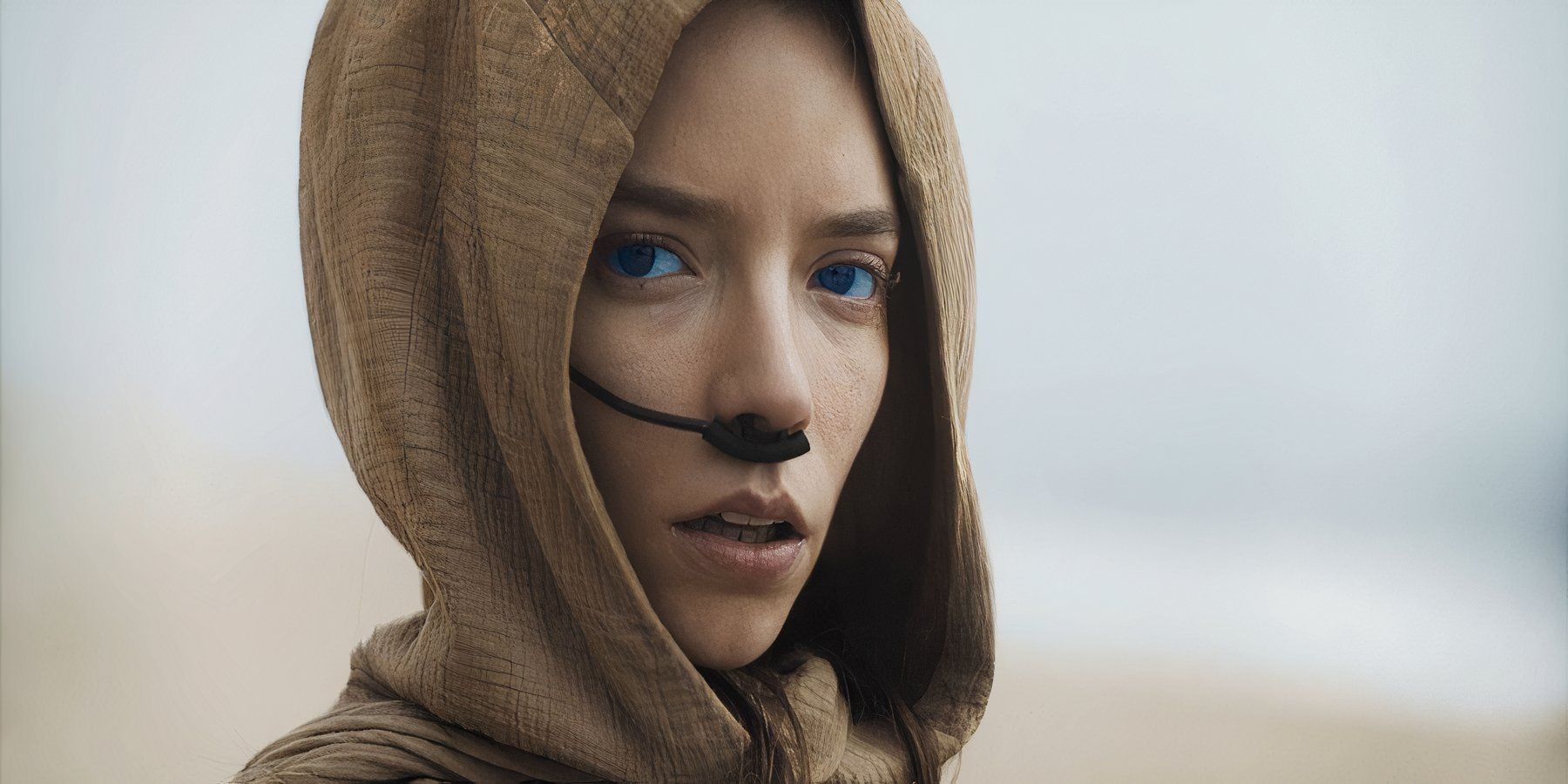
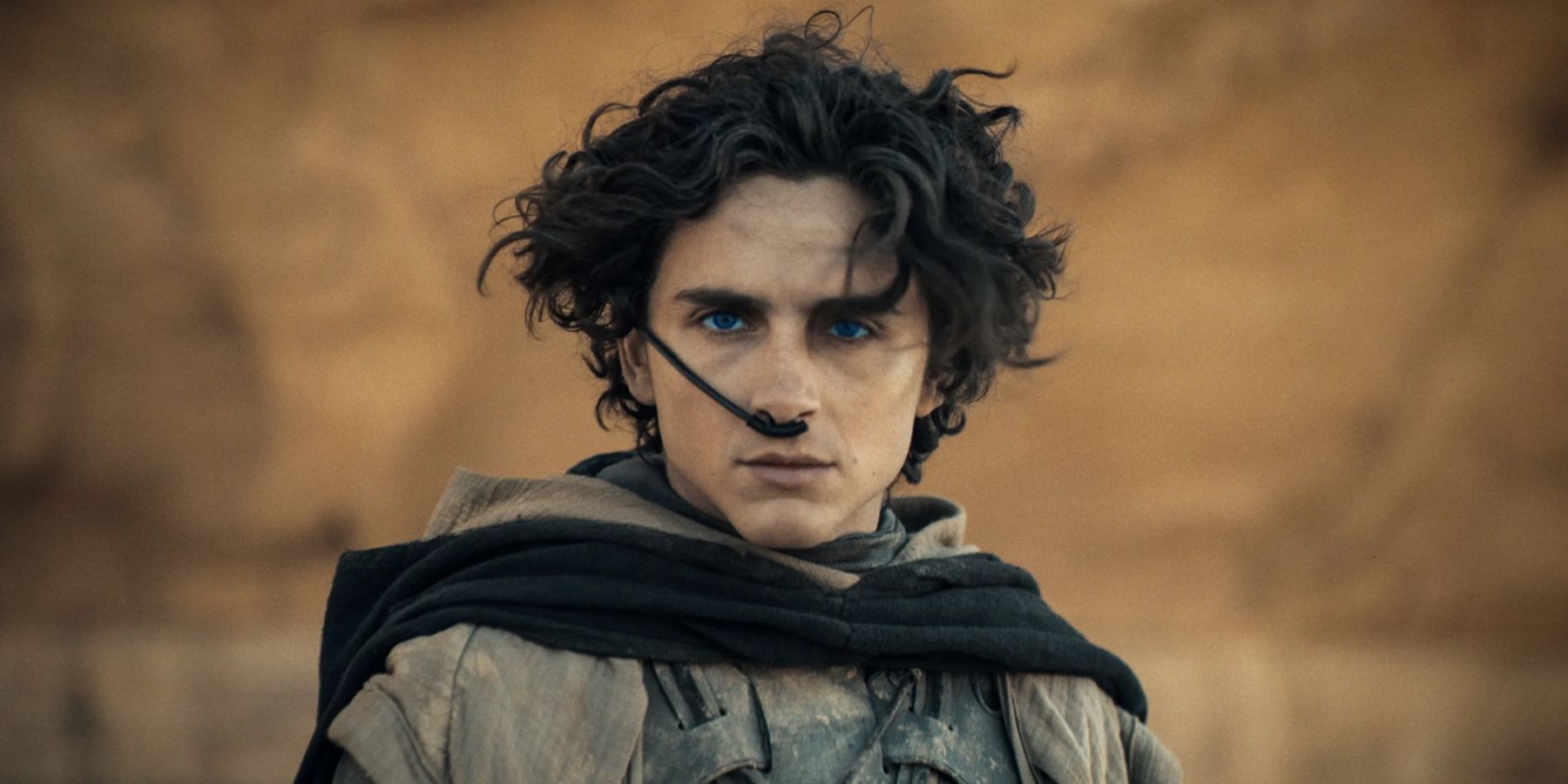





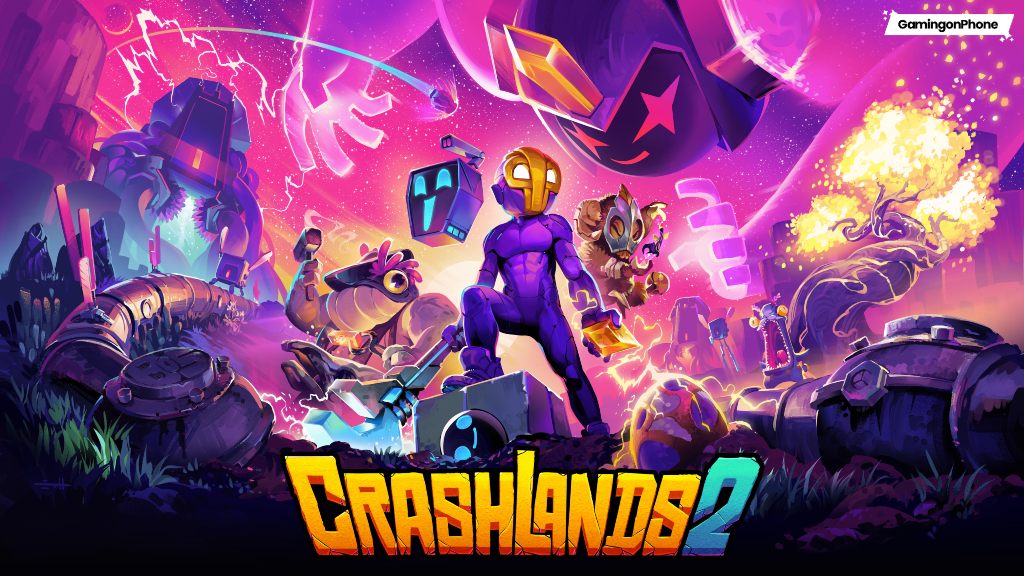






Leave a Reply